The world capital of wine, pearl of Aquitaine, port of the Moon, where is the name of Bordeaux and what are its origins?
Why is Bordeaux’s name Bordeaux? If the answer to this question is not as obvious as it seems, given the impossibility in the current state of the knowledge of linguistics to provide an exclusive answer, our writing makes you (re)discover the many meanings and origins that Bordeaux holds its name.
In the beginning, the Vivisc Bituriges
In the third century BC, Celtic warriors of the Gaulish tribe of the Viviscos would have come to settle on the banks of the Garonne. This people of Berri were at the origin of the founding of a city on the left bank of the Aquitaine river, located at the mouth of Devèze. It will soon be known as Burdigala, as we report it Greek writer and geographer Strabon (I century BC): this name comes from the contradiction of two aquitain words, « burd » meaning "home" and « gala » meaning marsh. The Bituriges also founded a river port which enabled them to control the trade of the tin from all the Armoric and Great Britain.
This Celtic people, a lover of barley-based or cervical beers, first knew only the wine of Pompeii or Narbonnais, to the expensive import. They planted their own vine, originating from the Basco-pyrenean Pedmont, which is able to withstand the local climate, when the tin mines eventually close one after another. Thus the first Bordeaux vineyards were born, which soon invaded the right bank of the Garonne.
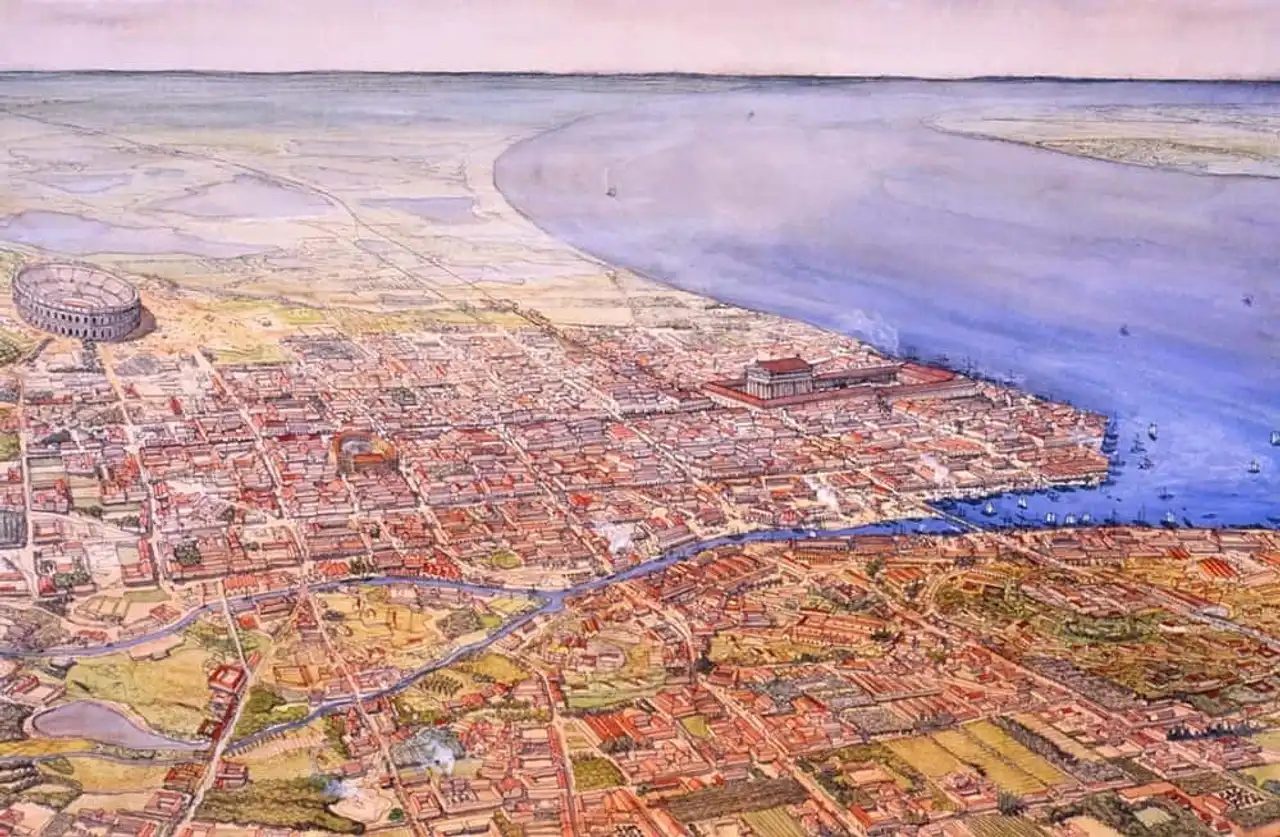
Burdigala: a city shaped by the Celtic and Roman peoples
Under Julius Caesar (I century AD), the Roman troops invaded Aquitaine from Narbonnaise, a province already romanized in the I century BC. Gaul passes under Roman domination and integrates the Empire. Burdigala becomes indeed a Gallo-Roman city, with wide streets combining with straight angles.
From this time, the city of Bordeaux keeps its « cardo » and his "decumanus" , nowadays known as Rue Sainte Catherine and Cours de l’Intendance.
The Aquitaine holds its name from the Latin word "aqua" conferring on him the title "country of the waters". In fact, this green region was at the forefront of the Mediterranean Gaul and Italy, their homeland, with landscapes of garrigues and maquis. When the Romans came to Burdigala and saw the Garonne, they thought they were dealing with the sea because, when they tasted it, it was salted. This is due to the fact that the tides went up, and still go up today, far into the land, to the Pont de Pierre in Bordeaux linking the Bastide to the Porte de Bourgogne.
The Romans built fourteen doors, a forum, a curia, an amphitheatre, aqueducts and baths among others. The terracotta tiles now adorn the roofs of houses and cemeteries bloom outside the cities and the Romans pursue their funeral habit by planting cypresses near the graves. Burdigala then became a major trading counter between Gaul and the Roman Republic.
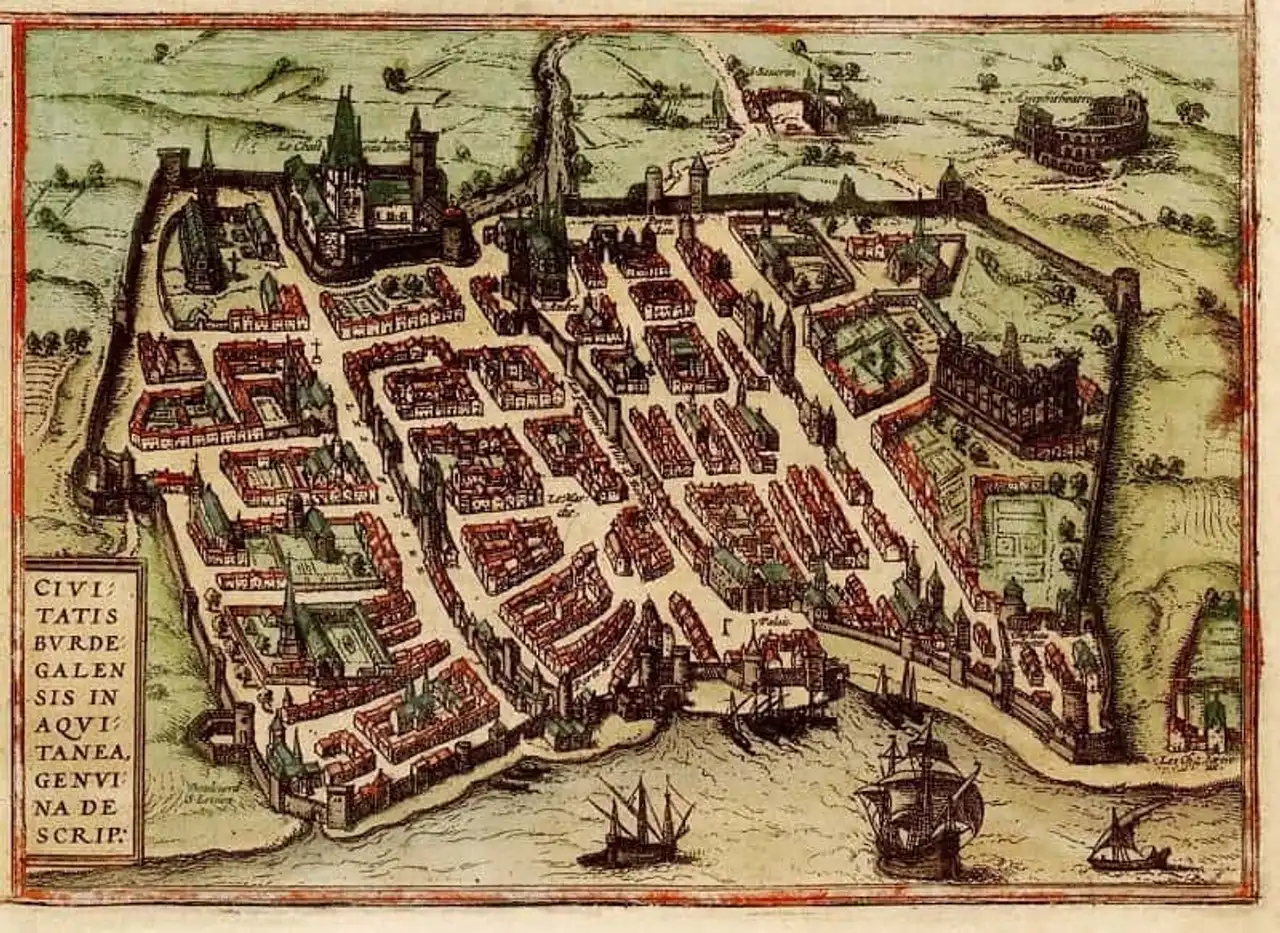
Photo credit: Wikimedia – Old map
Burdigala under the invasions
After being conquered by Rome, Bordeaux will be repeatedly attacked and looted. In 408, the Vandals, driven by the progress of the Huns from Asia, invaded Gaul and burned the port city before heading to Spain. Bordeaux will then fall four later under the domination of the Wisigoths and, in 844, will again be in flames with the arrival of the Viking drakkars on the Garonne.
A rich and prosperous land, it will be coveted by the "barbaric peoples" as well as by its civilized neighbours for many centuries, but will always be reborn from its ashes. Today ranked UNESCO World Heritage (since 2007), it illustrates a whole range of the history of Gauls and the Roman conquest.
Since this first biturige village near a confluence of the Garonne, Burdigala has been growing and growing. As part of its heritage and its vineyards, Bordeaux has since 2016 been part of a Cité du Vin and also welcomes every two years a WinExpo at the Parc des Exposition in Bordeaux Lac.
If your taste buds are looking for a tasteful experience, many tastings in the city centre and its surroundings are possible: La Cuv , Ateliers Châteaux , Bordeaux Wine Trip , The Wine Bar ...
Good visit and good tasting 🙂




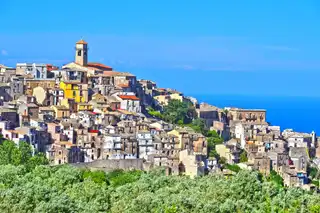
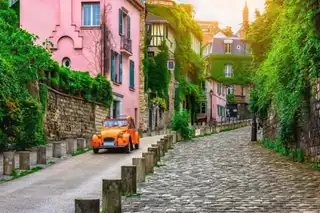
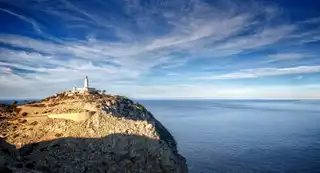
Loading comments ...